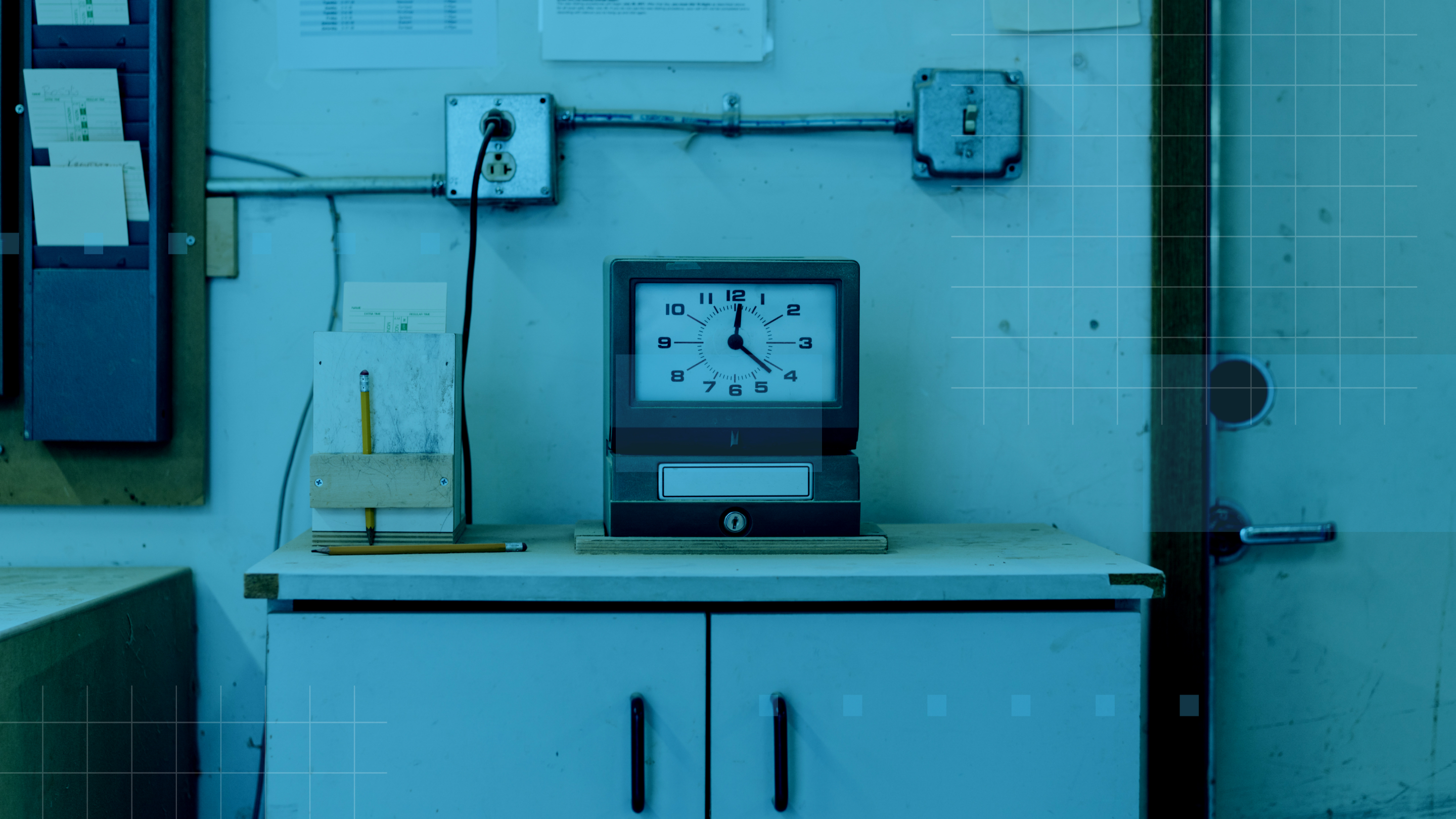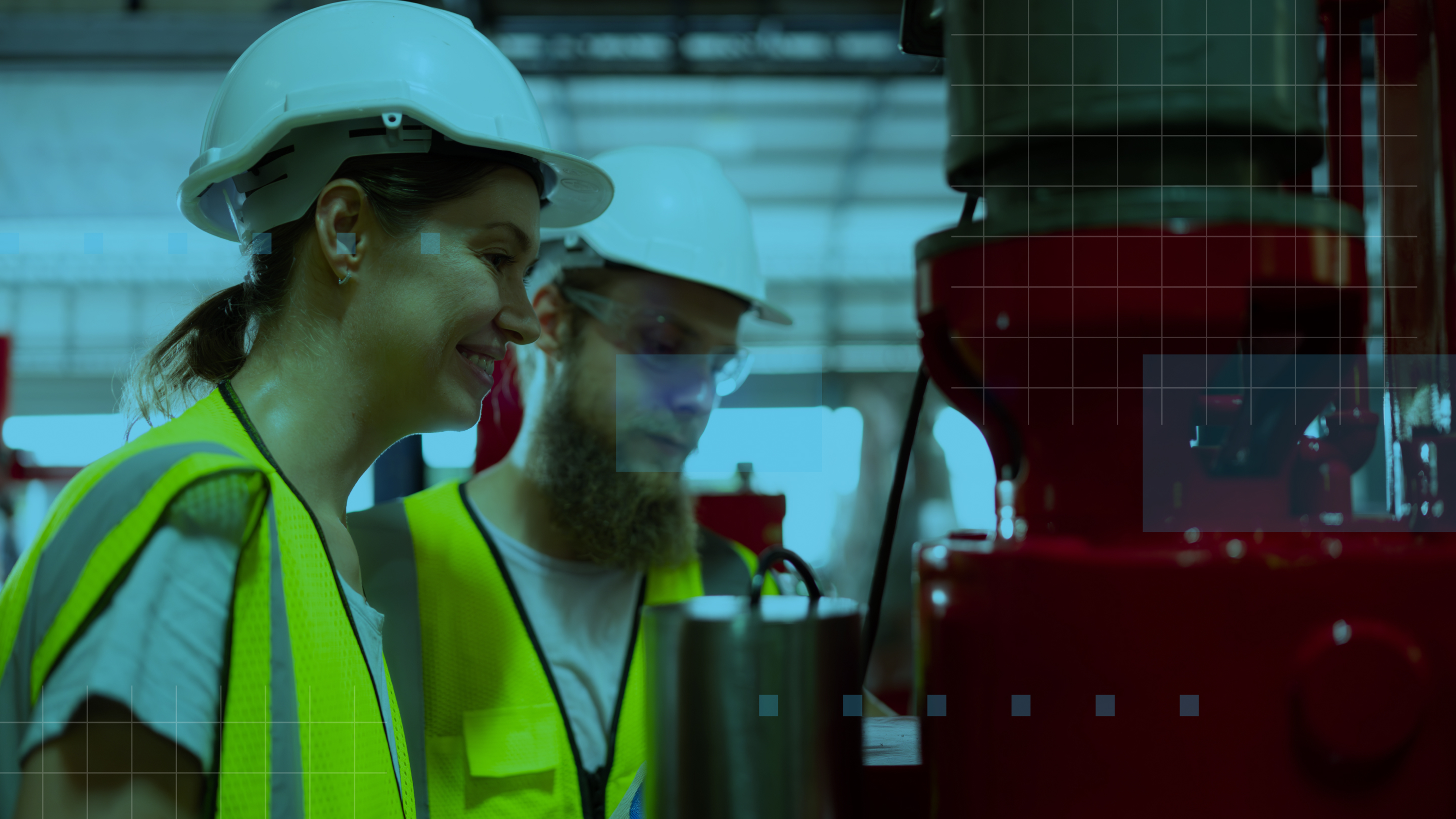Downloadable Resource
Blog
Webinar Recording
Success Story
Article
Technical Article
Video Insight
Trade Show
Webinar
Tutorial
Video Demo

Navigating the HR Landscape: Overcoming Challenges in the Manufacturing Industry
Join us on
July 7, 2023

Download Now
In today's rapidly evolving workplaces, the manufacturing sector stands out as one that constantly adapts to advancements in technology. As this industry progresses, HR departments face the pressing need to transform alongside it, keeping pace with the rapid changes. This article will delve into the primary challenges faced by HR departments in manufacturing and explore potential solutions to these problems. We will cover recruitment, retention, communication, performance management, employee development, compliance, and legal concerns – offering actionable insights backed by research and real-world examples.
Event Details
Price:
$
USD
Location:
Virtual
Address:
Recruitment Challenges
One of the most significant hurdles for HR departments in the manufacturing industry is attracting and retaining talent. With an aging workforce and a considerable number of skilled workers nearing retirement, the need to replenish the human capital is critical. To address this issue, manufacturing HR departments must adopt innovative approaches to stand out and compete with other industries. Implementing employer branding strategies, connecting with educational institutions, and leveraging technology platforms can help narrow the talent gaps.
Retention and Attrition
High turnover rates pose a significant challenge for HR departments in manufacturing. Factors such as limited investment in employee growth and development, stagnant pay packages, lackluster benefits, and a poor work environment contribute to dissatisfaction. To combat this, HR professionals must prioritize creating a supportive and engaging work environment. Implementing performance recognition programs, offering personalized development plans, and providing opportunities for career advancement can significantly improve employee retention.
Effective Communication
Seamless communication between management and employees is essential for a cohesive and productive workforce. HR departments must foster healthy and constant contact with trade unions, maintaining an open line of communication and addressing employee concerns promptly. Collaborative platforms, regular town hall meetings, and feedback mechanisms can facilitate effective communication within the organization.
Performance Management
Traditionally, performance management in manufacturing has relied on outdated practices that do not align with the changing workforce landscape. Shifting toward continuous feedback methodologies, setting clear performance expectations, and fostering a culture of accountability can lead to improved performance and employee satisfaction. Leveraging performance management software and analytics tools can provide valuable insights for HR professionals to drive performance improvements.
Employee Development
Investing in employee development is crucial for both personal and professional growth. Manufacturing HR departments can implement comprehensive training and development programs that focus on enhancing technical skills, leadership capabilities, and overall job satisfaction. Promoting a learning culture, offering mentorship programs, and providing access to e-learning platforms can elevate employee engagement and drive organizational success.
Compliance and Legal Concerns
As the manufacturing industry becomes more complex, ensuring compliance with ever-changing labor laws and regulations is a significant challenge for HR departments. Staying abreast of legal updates, conducting regular audits, and utilizing robust HR management systems help streamline compliance processes. Collaborating with legal experts and leveraging automation tools can mitigate legal risks and ensure adherence to regulatory requirements.
HR departments in the manufacturing industry face a multitude of challenges, ranging from recruitment to compliance. However, by embracing innovative strategies and leveraging emerging technologies, these challenges can be effectively addressed. By prioritizing employer branding, investing in employee development, enhancing communication channels, adopting performance management advancements, ensuring compliance, and nurturing a supportive work environment, HR professionals can navigate these hurdles with confidence.
With Scissortail HCM, a comprehensive HR management solution, manufacturing organizations can streamline their HR processes, increase employee happiness, retention, and operational efficiency. By embracing these recommendations and implementing practical solutions, HR departments can lead the way in shaping the future of the manufacturing industry's workforce and drive sustainable success.











